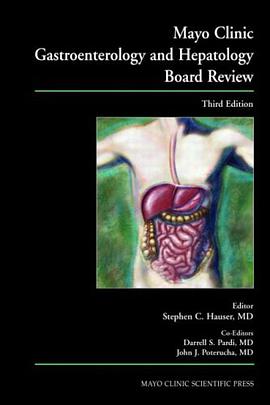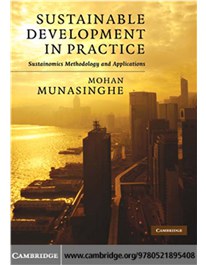
This book examines the doctrine of transgenerational punishment found in the Decalogue - the idea that God punishes sinners vicariously, extending the punishment due them to three or four generations of their progeny. Although a 'God-given' law, the unfairness of punishing innocent people in this way was clearly recognized in ancient Israel. A series of inner-biblical and post-biblical responses to the rule demonstrates that later writers were able to criticize, reject, and replace this doctrine with the notion of individual retribution. Supporting further study, it includes a valuable bibliographical essay on the distinctive approach of inner-biblical exegesis, showing the contributions of European, Israeli, and North American scholars. This Cambridge release represents a major revision and expansion of the French edition, L'Hermeneutique de l'innovation: Canon et exegese dans l'Israel biblique, nearly doubling its length with extensive content and offering alternative perspectives on debates about canonicity, textual authority, and authorship.
具體描述
讀後感
評分
評分
評分
評分
用戶評價
相關圖書
本站所有內容均為互聯網搜索引擎提供的公開搜索信息,本站不存儲任何數據與內容,任何內容與數據均與本站無關,如有需要請聯繫相關搜索引擎包括但不限於百度,google,bing,sogou 等
© 2025 qciss.net All Rights Reserved. 小哈圖書下載中心 版权所有





















